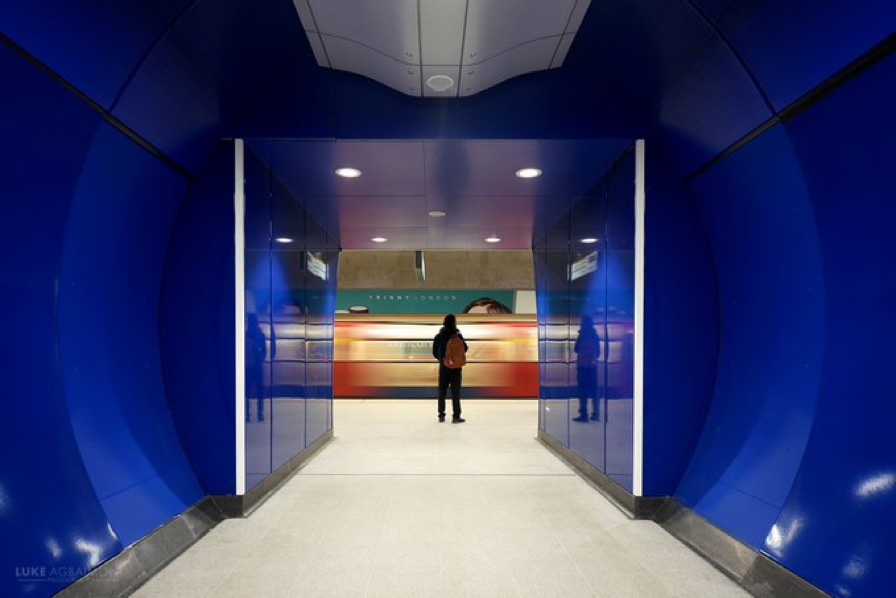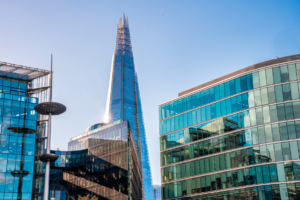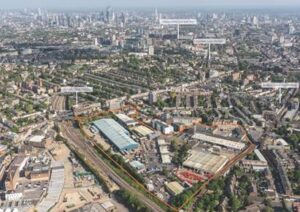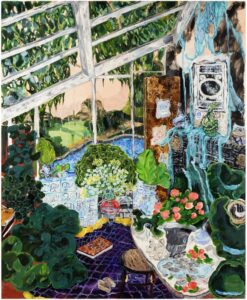London Underground rental values climb

Rental values climb across the tube as normality returns to the London market
The latest market analysis by rental platform, Rentd, has revealed that in the last year, rental values surrounding London Underground stations have increased by an average of 21%, with all but two stations seeing an increase.
With a return to both normality and the workplace, the London rental market has bounced back from the slump seen during the pandemic, with good transport links and a quick commute once again becoming a must for many tenants.
Rentd analysed the average cost of renting across every postcode currently home to a tube or DLR station, as well as the annual change and how this cost differs by line.
Tube stop rental costs
The research shows that the cost of renting close to a tube stop currently sits at an average of £2,222 per month, having increased by 21% in the last year. This is 6% higher than the annual growth rate of 15% seen across the wider London market.
Biggest increases by station
The EC4 postcode has seen the biggest boost to London Underground rental values in the last year. Home to no less than four stations – Mansion House, Monument, Blackfriars and Cannon Street – the average cost of renting in the area has climbed by 46% in the last 12 months.
Chigwell and Grange Hill have seen the second largest increase, with the average cost of renting in the IG7 postcode increasing by 45% in the last year.
Rental values surrounding Pimlico, St James’s Park, Victoria, Sloane Square, Hyde Park Corner and Westminster are also up by 39% annually.
Manor Park has seen the lowest rate of rental growth over the last year at just 0.1%, while Tottenham Hale (-1%) and Chadwell Heath (-5%) are the only tube stops to see a decline in the cost of renting.
Cost of renting by line
The Circle line is currently putting in the strongest rental market performance, with the cost of renting around stations across the line up by 28% in the last year.
The Hammersmith and City and District lines have also seen some of the largest increases by line at 22%, followed by the Waterloo and City, Victoria and Bakerloo lines (21%).
At 15%, the Metropolitan Line has seen the smallest increase in the cost of renting. Rentd also analysed rents around the Elizabeth line and found that, despite its recent launch, they’re up by just 16% annually.
Founder and CEO of Rentd, Ahmed Gamal, commented:
“It was only a matter of time before London’s pandemic rental market slump was relegated to the history books and, as is often the case with the London market, once the tide starts to turn, it turns pretty quickly.
A quick and convenient commute has once again become a sought after rental property feature for many tenants. This returning demand has pushed up tube rental values quite considerably in the last year alone and the fact that much of this growth has been focussed on central London areas is an even more telling sign that the capital is back to its best.
While we certainly have a love-hate relationship with the tube, there’s no doubt that it’s the best method of traversing the capital and so those looking for a tube stop adjacent rental property can expect to pay a premium for the pleasure.”




